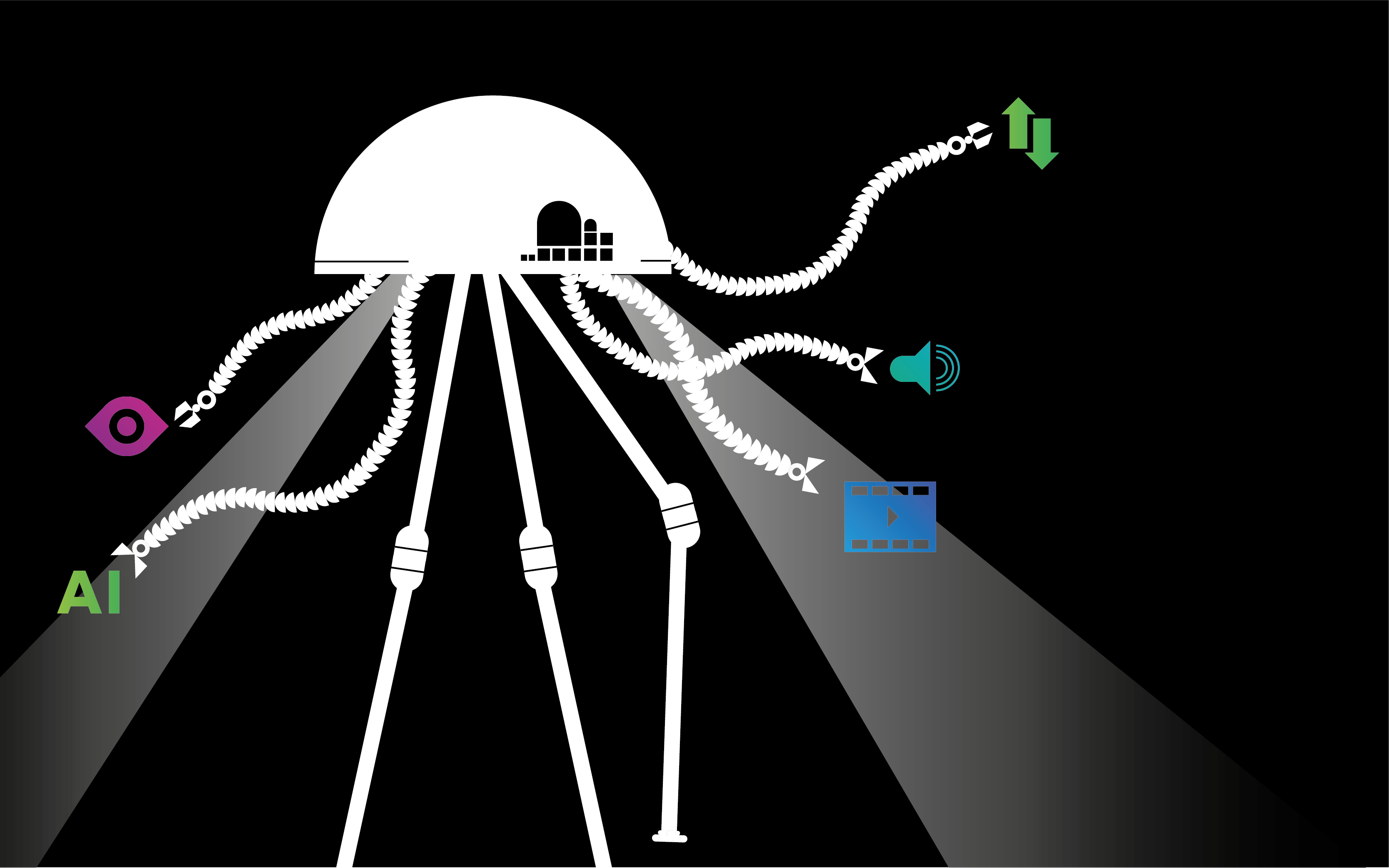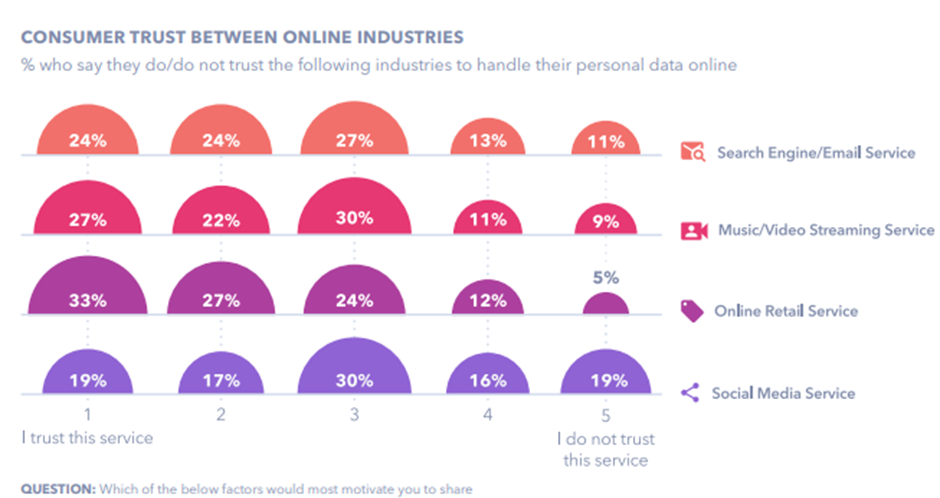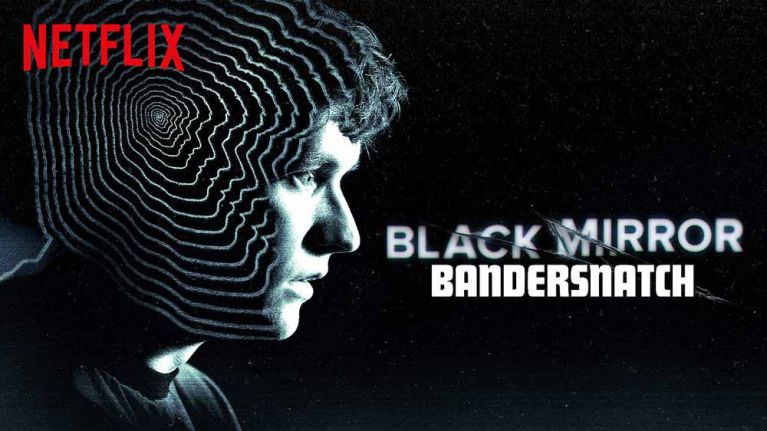
We saw lots of new digital trends emerge last year, from AI entering main-stream spheres, to voice search taking off and visual search becoming ever more accurate. 2018 was also the year of GDPR, the big data challenge that rocked the marketing and advertising world, encouraging not only brands but consumers to think more about their personal data and how it was being used.
This year we're still seeing the results of GDPR play out in concern among consumers about personal data and trust. We're also seeing voice search become more sophisticated and gain momentum, AI capabilities expand, dynamic video come to the forefront and 5G is set to shake up our digital world!
So, let's dive right in:
1. Personal data and trust post GDPR
As we all know GDPR was the big data reform, or annoyance of 2018, depending on how you look at it!
What we do know is that consumers are more concerned than ever about their personal data and more clued up on the ways in which it is used. GDPR, combined with the Cambridge Analytica scandal, all led to personal data usage being headline news and data concerns entering the publics consciousness.
So, what does the post GDPR marketing world look like?
First let's look at which digital channels consumers trust the most:

^ Source: Global Web Index
So, let's dive right in:
Consumers trust online retailers the most, which is interesting as this is potentially where businesses can gather the most amount of personal information. Perhaps this is because typically online shops have, out of necessity, used consumers' personal data to try to serve more relevant products to them, so these companies storing personal data has been viewed as helpful.
It could also be because online retail isn't intruding on the consumer's personal, social sphere in as much as Facebook adverts do. Consumers have the least amount of trust in social media platforms handling their personal data. Firstly because of scandals surrounding corporations such as Facebook, and secondly because these platforms also probably know the most about your personal life, so any mis-use of data is viewed as a bigger intrusion.
So how does this play out in how we use personal data for digital marketing purposes in 2019? Well, for the younger generation, (between 16-34 specifically) the value of personal information is paramount and they're realising they can exchange this for things they want. "Almost a third of 16-34yr olds say that they would share their data with a company online if that data could be exchanged for free access to content or services."
This means that marketing content has to become better in order to gain valuable demographic information. 2019 should see an explosion of interesting, relatable and useful online content which is exchanged for contact with the consumer.
An example of this is putting a website wall up which can only be taken down by entering your email address. But, as consumers get more and more picky about sharing their information, content should become better as a result, which is no bad thing!
2. The rise of voice search
Voice search was big news in 2018 and will continue to be into 2019. As voice assistant sales continue to rise, voice commerce sales are predicted to exceed $45 billion by 2022, up from $2 billion across the USA and UK in 2017
The huge growth in voice technology sales should see marketers create some interesting ways to reach this massive new audience and to incorporate it into products already being created. Some brands are already ahead of the curve, one example of this is BMW's 'Intelligent personal assistant'.
BMW have recognised most people use voice assistants when driving, so have cleverly incorporated it straight into the car. They also have separate packages for connecting the Intelligent personal assistant to other areas of your life, one of the packages for instance is Microsoft Office, which "syncs e-mail, contacts and diary entries and enables them to be processed in the vehicle independently of the end device."
2019 should start to see personal voice assistants become incorporated into other devices in more 'outside the box' ways. For instance, you could imagine a voice assistant wardrobe which might tell you the weather outside and then recommend what to wear based on your closet.
3. AI is here to stay
AI was huge in 2018 and entered the mainstream media and consciousness more than ever before. 2019 will see a continuation of this trend, but with marketers using AI as less of a gimmick and with more focus on how to use AI to their best advantage.
In 2018 we began to see some of the amazing ways AI could be used to improve lives every day. Marketers have already started to utilise AI by using programmatic advertising to help serve digital adverts to the most relevant people. Health practitioners are using AI to test for heart disease and predict psychosis, whilst Uber is using AI to make rides safer for everyone.
However, among all these positive scenarios there are some serious concerns about the ethical implications of AI, as it could be used for 'evil' very easily. Both Bill Gates and Elon Musk have warned about the potential of AI destroying the planet or replacing humans.

As Voltaire, (or Uncle Ben in Spiderman) said, 'with great power comes great responsibility' and this is also the case with how we decide to use AI. Pull partners Microsoft already have a set of ethical AI rules in place and companies like Accenture are calling on government to undertake a major review of the development of AI and "build a set of fundamental ethical principles for AI development".
What does this mean for marketers? With AI automating routine, repetitive jobs, what AI can't do will start to be seen as more valuable. A key skill that AI cannot replicate is creativity and lateral thinking, it's predicted that in 2020 creativity will be the third most valuable skill in the workplace (with complex problem solving and critical thinking above it). In 2015 creativity was the 10th most valued skill, so this really is a dynamic shift in attitude. Brands, Directors and Marketing team managers should bear skills relating to creativity in mind when making new hires to stand the test of time.
4. Dynamic video will come to the forefront
Video is another example of a trend which was big in 2018 and set to get bigger in 2019. Video watch time has quadrupled since 2014 and ad spend is expected to increase by 43% by 2021 compared to 2018. The Richards Group
With this influx in spend, video recommendations, videos themselves and video ads, will start to become more personalised. In YouTube's Director Mix platform, you can already create custom ads at scale based on actions taken on other Google platforms. 2019 expects to see this platform develop to serve more personalised ads to specific individuals instead of groups of similar people.
Another slightly different example of dynamic video is Black Mirror's Bandersnatch, a Netflix show which asks the viewer to choose different pathways throughout the film, leading to six alternative endings. This sets up the watcher, in a limited sense, as the controller of the main character's fate. If this kind of dynamic video were to become more frequent the choices made by the user could also provide some interesting information to Netflix. As an article in Live Mint states, "A show like Bandersnatch may give Netflix access to a whole new sort of data—product choices (which breakfast cereal does the viewer choose for Stefan?), music tastes (what music should Stefan listen to?)" etc. This kind of information could be crucial to brands as it opens up completely new data acquired through non-standard channels. It should also stress to marketers that they need to start considering other touch points, such as dynamic video, more seriously.

5. 5G will change the digital landscape
4G is dead, long live 5G! Said to be launching in Asia early 2019 and in the UK in 2020, 5G is going to transform the way we use technology. Faster speeds and download times will make using complicated data heavy programmes faster and more accessible.
5G will also help fuel the ever-expanding Internet of Things. With 5G and faster internet speeds, connecting different devices electronically will become easier, from fridges, to coffee machines, to self-driving cars.
As no one knows how fast 5G will actually be yet, it's hard to predict what impact it will have. But for marketers one can imagine being able to serve more dynamic, high spec adverts to users faster and therefore providing a better user experience, leading to an improved ROI!
2019 is going to see not only new digital technologies emerge, but also current digital technologies evolve. 2018 saw a shift in attitudes towards personal data and 2019 will continue this trend, with consumers becoming ever more aware with how their data is used and more technically savvy.
This is challenge for marketers but should also be seen as an opportunity to create some really good online content and also be more respectful with consumers' data in the first place.
AI looks like it's here to stay, but the need for some standardisation around ethical AI 'rules' is more pressing than ever. Personalisation should become more, well, personalised, providing a better experience to the end user and voice search will continue to expand.
5G, currently, is the big unknown. We look forward to seeing how this will change the digital landscape, making us more connected than ever before.
Posted 18 January 2019 by